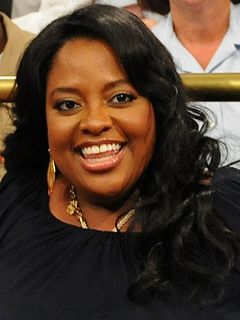A Quote by Hilton Als
I'm very interested in the question of how we perceive something, how consciousness goes from one thing, like looking at you in your black hat to what it might mean to my imagination and how I would draw that or write that, how I would subjectify you? It's something that is endlessly interesting to me.
Related Quotes
It is not nearly so important how well a message is received as how well it is sent. You cannot take responsibility for how well another accepts your truth; you can only ensure how well it is communicated. And by how well, I don't mean merely how clearly; I mean how lovingly, how compassionately, how sensitively, how courageously, and how completely.
For people who are coming out of an oral tradition, it is very exciting to get into reading and writing and it is quite interesting how frequently people want to write their own story. Sometimes it is straight history - this is how we came about, how our town was created, a lot of that kind of effort, as soon as literacy came. The first thing you wanted to do was to put something down about who you are or how you are related to you neighbors. Then the next stage would be the stories, the cultural part of the story: this is the kind of world our ancestors made or aspired to.
With me being in so many pain from when you have a betrayal from your best friend - who was my husband - and the girl got pregnant, I couldn't even get out of bed. The only thing that saved me was my stand-up. I would get on stage and just talk about stuff, and I made people laugh. A lot of women e-mail me and say, 'How do you smile? How do you laugh at something like this?' That's how I do it. I laugh because that's how I get through pain.
I found that many gifted people are so afraid of writing a poor story that they cannot summon the nerve to write a single sentence for months. The thing to say to such people is: "See how *bad* a story you can write. See how dull you can be. Go ahead. That would be fun and interesting. I will give you ten dollars if you can write something thoroughly dull from beginning to end!" And of course, no one can.






































